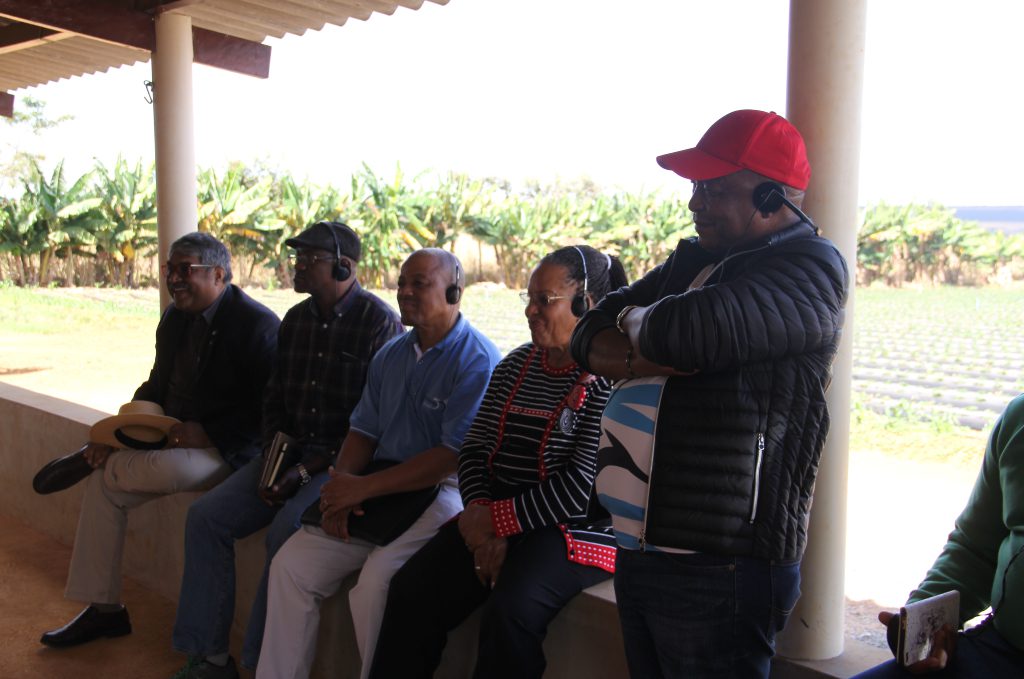
The government of Botswana held the international conference “Leave No One Behind: the fight against poverty, exclusion, and inequality” to recognize ways to overcome the barriers to poverty eradication. The event took place in Gaborone on 20-21 March and focused on knowledge exchange among countries from the Global South. The WFP Centre of Excellence against Hunger presented its South-South cooperation experience.
The conference sought to pinpoint good practices from other developing countries in examining the structural barriers to eliminate poverty and in identifying who the most excluded people are, where they live, and which policy approaches can help lifting them out of extreme poverty. Experiences from Brazil, Bangladesh, Honduras, South Africa, and others, were presented.
2030 Agenda
Senior government policymakers and officials from Botswana and other African countries participated in the event, as well as representatives of the academia and research centres, civil society organizations, United Nations agencies, development partners, and private sector. The conference was an opportunity to discuss what works and what doesn’t for poverty reduction and allowed participants to gather a set of policy considerations when designing programmes.
The conference’s theme was fight against poverty, exclusion, and inequality, a principle at the core of the 2030 Agenda for sustainable development and of Africa’s Agenda 2063. It recognizes the close linkage between poverty, exclusion, and inequality and the importance of tackling those issues to achieve the 17 Sustainable Development Goals.
The event explored to which extent policies and strategies implemented to date have been effective and what kind of changes are still required to accomplish tangible results. Daniel Balaban, director of the WFP Centre of Excellence, presented the Brazilian Zero Hunger experience and highlighted the Brazilian school feeding programme.
According to Balaban, the WFP Centre has been providing technical assistance to over 30 countries towards Zero Hunger. The focus on school feeding is explained by the multiple benefits of this kind of approach. School feeding programmes help improve child nutrition, contribute to better educational results, boost local economies, and generate income for rural populations – a group highly vulnerable to poverty and hunger. “We can only achieve progress if we leave no one behind”, said Balaban.
Botswana
In the last 50 years, Botswana came from being one of the 20 poorest countries in the world to a middle-income country. This progress, however, was not followed by social equality. The country has policies in place to reduce unequal distribution of economic growth benefits and improve health and education.
Botswana is interested in learning from other developing countries to put in place appropriate policies and programmes to safeguard the progress made since independence and to continue improving the welfare of its citizens and reducing the vulnerabilities of poor households.




